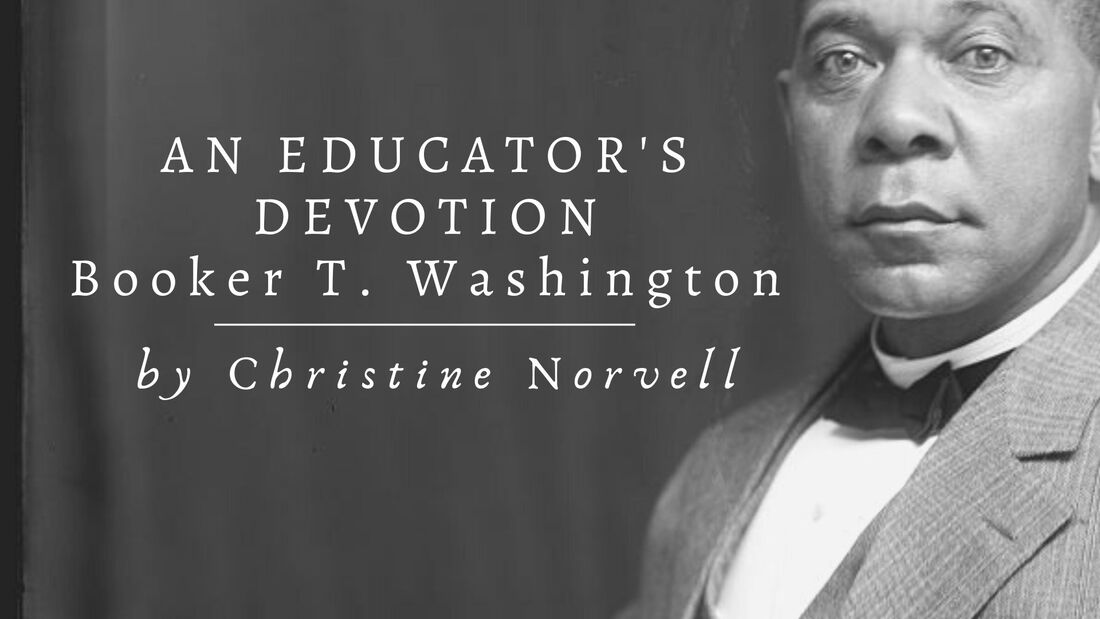|
DEVOTION CAN MEAN MANY THINGS. Sometimes we don’t realize we are devoted to something until we see how much time we give to it. That’s how I would describe the steadfast quality in Booker Taliaferro Washington. Beginning in the 1880s, on almost every Sunday evening at Tuskegee Institute, Washington collected his students, teachers, and visitors to speak to them. The gathering wasn’t called a chapel service nor a Bible study, simply Sunday Evening Talks. His devotion to education and to the people who surrounded him in his work was clear. As Washington said, Unless you have got truth, you have failed in your purpose to be educated.” In these talks, Washington speaks of practical education, the trades, and working with our hands. He addresses qualities and virtues such as self-reliance, obedience, justice, and responsibility in order to study the nature of man. He mentions disappointments, homesickness, difficulties with people, and the danger of success but adds that we must always be aware of opportunities, even seeing life as a series of opportunities: And so you will find it all through life, especially for the next fifty or one hundred years, that those persons who are going to be constantly in demand, constantly sought after, are those who make the best use of their opportunities, who work unceasingly to become proficient in whatever they attempt to do.” On February 10, 1895, Washington illustrated the position of his students this way. He explained coming out of slavery as coming out of a sickbed where a man had been for a long, long time. The sick man would recover given time and opportunity, but he would have to learn again how to use his muscles, how to eat, how to function and work. Placed side by side with a healthy man, the sick man has a long way to reach his full strength. It is a process. The metaphor extends to equality between the races. By 1902, a collection of these talks was published by Doubleday as Character Building: Being Addresses Delivered on Sunday Evenings To the Students of Tuskegee Institute. The booklet reads, “The speaker has put into them his whole moral earnestness, his broad common-sense and, in many places, his eloquence. Many of Mr. Washington's friends have said that some of these addresses are the best of his utterances.” In the talk “Helping Others,” Washington speaks to all of us: This institution does not exist for your education alone; Johnston, Frances Benjamin, photographer. Booker T. Washington, half-length portrait, seated., ca1895. Photograph. https://www.loc.gov/item/2010645746/.
0 Comments
Your comment will be posted after it is approved.
Leave a Reply. |


 RSS Feed
RSS Feed